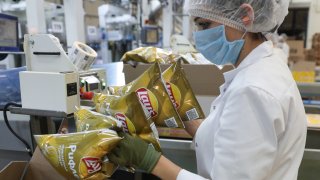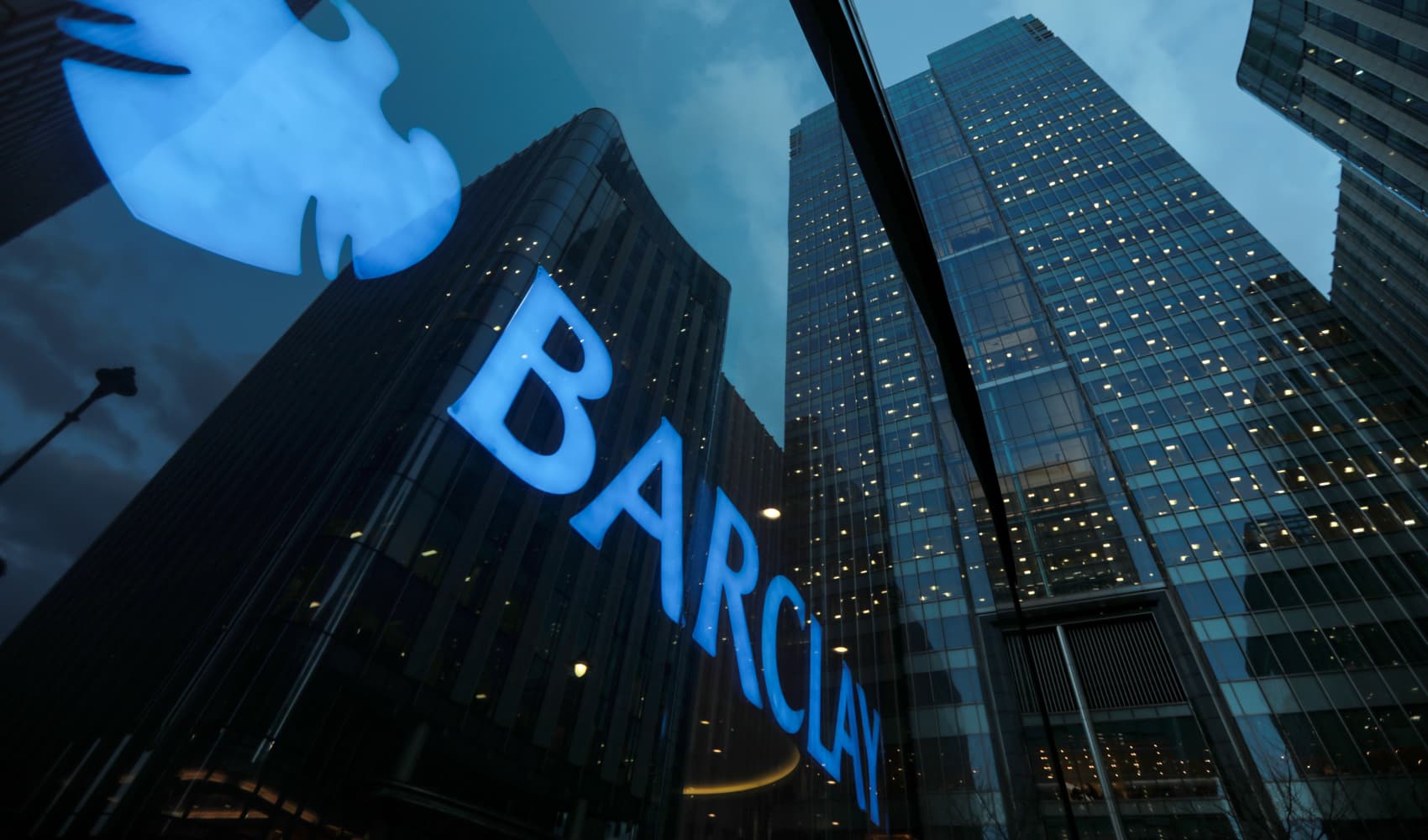
- The impact on supply chains because of Russian sanctions could be felt for another year, making the deployment of automation and AI-driven solutions even more critical.
- Ukraine is considered the "breadbasket of Europe," and Russia's invasion has resulted in the food supply chain being hit hard.
- Most large companies haven't made the investments into digital solutions such as AI and machine learning for their supply chains.
Images of container ships unable to offload goods at ports in Los Angeles and Long Beach late last year were symbolic of the problems plaguing the supply chain in the wake of the pandemic. Not enough longshoreman, along with a shortage of truck drivers, meant products couldn't get from ports to warehouses and then find their way to retailers and consumers.
Supply chains had scarcely recovered before the recent sanctions slapped on Russia set this globally interconnected network back in a huge way. Now, with China's zero-Covid restrictions resulting in lockdowns and curbs in the largest port hubs, industry experts say the disruptions to the supply chain could be felt for another year, making the deployment of automation and AI-driven solutions even more critical.
Oil and gas prices have skyrocketed since Russia began sending troops into Ukraine late last month. The national average price for a gallon of regular gas is now $4.33; a year ago it was $2.83.
Get Boston local news, weather forecasts, lifestyle and entertainment stories to your inbox. Sign up for NBC Boston’s newsletters.
But the impact on energy isn't the only problem.
Everything from wheat, barley and sunflower oil to iron, steel and aluminum is all being disrupted, impacting the price of a box of cereal to whether enough electric vehicles can be built.
Ukraine is considered the "breadbasket of Europe," and Russia's invasion has resulted in the food supply chain being hit hard. According to research from GEP, a provider of supply chain and procurement software to many Fortune 500 companies, wheat and soybean prices have hit nine-year highs, while corn and other cereal prices are also rising.
Money Report
A look at a commodity as mundane as sunflower oil illustrates just how fractured the supply chain is right now and why consumer packaged goods companies are in a bit of a panic.
Ukraine and Russia together account for about 65% of the exports of sunflower oil used in potato chips and lots of other snack foods, says John Piatek, vice president of consulting and head of GEP's consumer goods and retail practice. "There have already been reports of riots, larceny, and looting in places like Turkey which are big importers of sunflower oil, and prices are already double," he says.
The challenge for many of the giant CPG companies around the world is securing alternate supplies since the production of sunflower, along with wheat and other commodities, is so disrupted. "The farmers who would be in Ukraine planting right now have picked up rifles, so the longer this war goes on the less likely it is that this production will be created in the first place," Piatek says.
This disruption to commodities such as iron, steel, nickel, and palladium, is having a similar effect in other industries. Russia accounts for about 20% of global exports of iron and steel. The supply of copper, a key component in EV battery manufacturing, is also being disrupted, forcing companies to look at Chile and Australian as alternatives to Russia.
Digital solutions needed
As a result of these sudden stops to the flow of so many essential goods, companies need better visibility into their supply chains.
"We're hearing a more pragmatic ask for help," says Julian Trent, GEP's vice president of business development for Europe, of the questions he's getting from customers. They want to know "how on earth they accelerate their visibility into the impact of all this," he says.
The problem that both Piatek and Trent point out is that most large companies haven't made the investments into digital solutions such as AI and machine learning for their supply chains.
"Too much of existing supply chain activities are manual, old-fashioned, and prone to error," Piatek says. "There are more efficient and effective ways to operate and you need automation to underpin this. I think there's going to be an increase in AI and machine learning investments as a result of the pandemic and the Russian invasion."
The other driver of bigger investments in supply chain technology is the growing set of risk factors that companies are facing. "If you compare the different risk indicators that a business uses today to five years ago, they are completely different," says Trent. Many companies used to look primarily at financial risk on a global scale, he says.
Digital solutions, and AI-driven automation in particular, can give a company a far more complex and meaningful set of risk alerts, including the geopolitical implications that are now having such an oversized impact.
Tuning into "geopolitical risks relies on a lot of listening to open data and news sources and very quickly analyzing the sentiment coming out of certain regions of the world," Trent says. This will give businesses better scenario and contingency planning abilities instead of the "war room" type planning that's taking place now.





